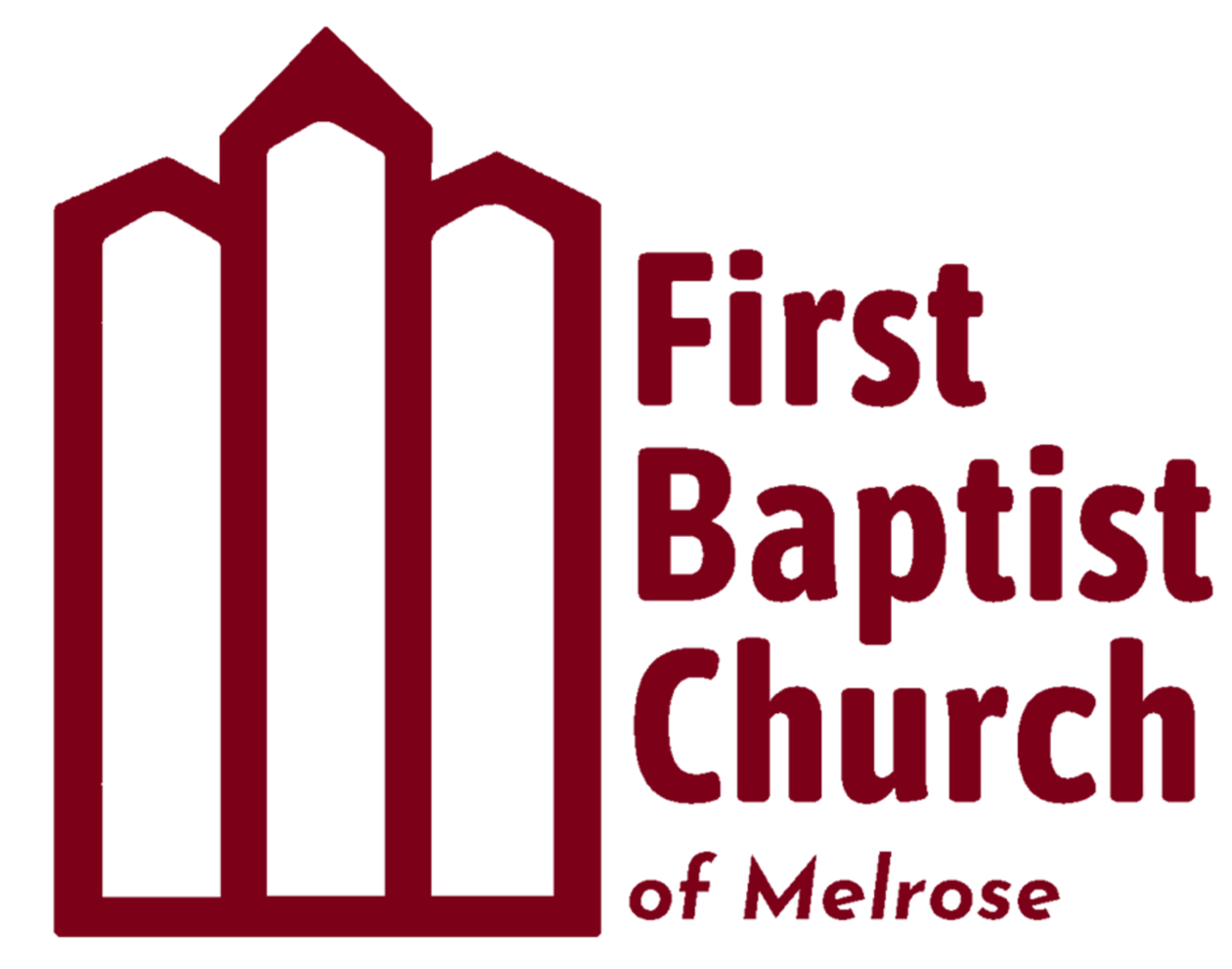Give Thanks
Give thanks to the Lord, for he is good (Psalm 136.1).
We often hear of politicians’ approval rating, but did you know that American holiday also have an approval rating – at least according to a Statista poll in 2021. Can you guess the holiday with the highest affirmation? Did you guess Christmas? It comes in second with 77% popularity. First place goes to Thanksgiving with 81%. (As an aside, the most surprising feature of this statistic is that almost in 1 in 5 Americans does not view Thanksgiving favorably. Say what?) The appreciation for Thanksgiving connects to our human nature. God created human beings to give thanks.
By giving thanks, we acknowledge our own inability – always a helpful recognition in our spiritual journey. We are saying to God, “I could not do it without you. My own power was insufficient.” Regarding our great salvation that God gifts us, we say, “Thank you, God. Without you, salvation is impossible.” We are reminded that to live a life “worthy of the Lord and pleasing to him in every way” (Colossians 1.10), we should “[give] joyful thanks to the Father, who has qualified you to share in the inheritance of his holy people in the kingdom of light (Colossians 1.12).” As we are reminded, “I will give you thanks, for you answered me; you have become my salvation (Psalm 118.21).” Indeed, God has become our salvation. As a note, the passage’s next verse finds fulfillment in Jesus Christ, “The stone the builders rejected has become the cornerstone; the Lord has done this, and it is marvelous in our eyes” (Psalm 118.22-23).
Without God, there is no salvation. With God, there is salvation. Let us be thankful.
The opposite of thankfulness is thanklessness. Without thanks, we evaluate our lives through (1) our own ability and (2) what we lack. We find ourselves constantly saying, “Why do I not have more?” And as spiritual people, we grumble to God, “Why did you not give me more?” Without thankfulness, our lives become discontent rather than satisfied – all the while shifting blame toward God. So … can thanklessness become a spiritual problem for us? Let’s consider the world’s two first human beings: Adam and Eve. After being created and settled in the literal Garden of Eden, they become discontent, lured into believing God has withheld something valuable from them: the knowledge of good and evil. Instead of gratitude for their abundance, they become focused on the one item God withholds: a certain fruit from a certain tree. We know how the story ends: Two ungrateful people introduce sin, death, and separation into a once-perfect creation.
Our lesson from the Garden of Eden is a reminder toward giving thanks for what we have – not lamenting what we lack. Will we experience lack? Always. Even in perfection, Adam and Eve felt deprived. Yet, by giving thanks for what we do have, we shift our focus from the self’s experience toward God’s abundance. Consider Jesus as he needed to feed thousands with a handful of fish and bread. Did he lament the lack of resources? No. Rather, he gave thanks for what they had: “Taking the five loaves and the two fish and looking up to heaven, he gave thanks and broke the loaves” (Mark 6.41). With gratitude, the limited resources were abundant for the need. With gratitude, the amazing happens.
This Thanksgiving, let us be people who truly give thanks. Certainly, our lack screams loudly toward us and refuses to be ignored, but we can silent that evil naysayer with three important word: “God, thank you.”
Give thanks to the Lord, for he is good (Psalm 136.1).
